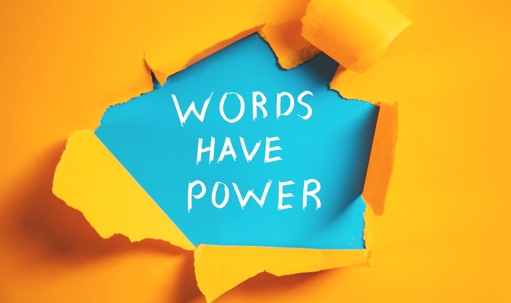In the aftermath of an accident, the flurry of emotions and adrenaline can cloud judgment. However, what you say in the immediate aftermath can have significant consequences, particularly if you're pursuing a personal injury claim in Florida. Understanding how your words can be used against you is crucial for protecting your rights and maximizing your chances of receiving fair compensation.
1. Admissions of Fault: One of the most critical aspects to remember is to avoid admitting fault at the scene of the accident. Even if you believe you may have contributed to the accident, refrain from making any statements that could be construed as an admission of guilt. Insurance adjusters and opposing attorneys will scrutinize every word you say, and even a simple apology can be twisted to imply liability.
2. Speculation and Assumptions: It's natural to want answers after an accident, but speculating about what happened or assuming facts not in evidence can be detrimental to your case. Stick to the facts as you know them and avoid making statements based on conjecture. Anything you say that later proves to be inaccurate could be used to undermine your credibility.
3. Exaggerations or Overstatements: In the heat of the moment, it's easy to exaggerate the extent of your injuries or the damage to your vehicle. However, overstating your injuries or losses can backfire during negotiations or in court. Insurance companies and defense attorneys will carefully scrutinize your medical records and other evidence to determine the true extent of your damages.
4. Recorded Statements: Be cautious when providing recorded statements to insurance companies, as these can be used against you later in the claims process. Insurance adjusters are skilled at asking leading questions designed to elicit responses that may undermine your claim. Before providing a recorded statement, consider consulting with a personal injury attorney to ensure your rights are protected.
5. Social Media Posts: In today's digital age, social media can be a double-edged sword. Avoid posting anything related to the accident or your injuries on social media, as these posts can be used as evidence against you. Even seemingly innocent posts or photos can be misinterpreted or taken out of context to discredit your claim.
6. Consulting with an Attorney: If you've been injured in an accident, it's essential to consult with an experienced personal injury attorney as soon as possible. An attorney can advise you on what to say and what not to say to protect your rights and maximize your chances of receiving fair compensation. They can also handle communications with insurance companies and defense attorneys on your behalf, reducing the risk of saying something that could harm your case.
In conclusion, what you say after an accident can significantly impact the outcome of your personal injury case in Florida. By avoiding admissions of fault, refraining from speculation or exaggeration, being cautious with recorded statements and social media posts, and seeking guidance from a qualified attorney, you can protect your rights and pursue the compensation you deserve.

